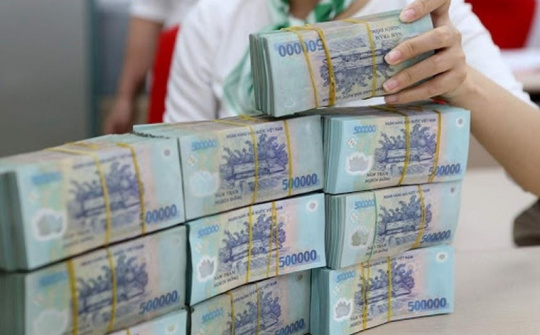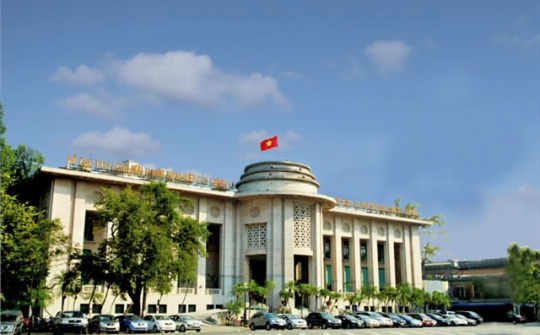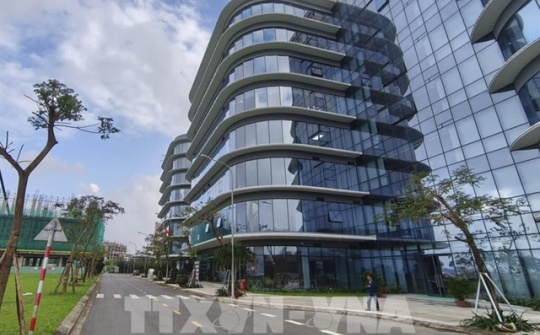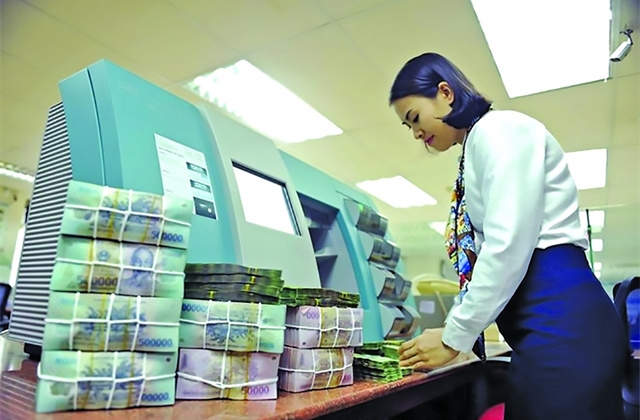
In a directive issued on September 9, the SBV called on financial institutions to assist individuals and businesses in areas affected by Typhoon Yagi, including Quang Ninh, Haiphong, Hanoi, Lao Cai, and Yen Bai. Measures include restructuring repayment terms, reducing interest rates, and extending new credit lines. This initiative aims to alleviate difficulties and support the recovery of production and business activities in the aftermath of the storm.
Banks have been asked to review and assess the damages, and submit reports on their implementation by September 20.
According to the SBV, as of September 7, credit growth had increased by 7.75 per cent, which is only half of the sector's target set at the beginning of the year. The average interest rate for new loans currently stands at 6.23 per cent, down 0.86 per cent from the end of 2023.
In addition to the banking sector, the Insurance Supervision and Management Department of the Ministry of Finance has urged insurance companies to swiftly assess losses, provide advance payments, and compensate policyholders affected by Typhoon Yagi.
The strongest storm in 30 years struck the Gulf of Tonkin on the morning of September 7, forcing nearly 13,000 households in Haiphong, Quang Ninh, and Thai Binh to evacuate. Many businesses in the affected regions reported significant damage to their infrastructure. At Halong International Cruise Port, numerous trees and billboards were toppled, while two piers suffered extensive damage. Sun World Halong reported 90 per cent of the trees within its premises were either uprooted or broken.
As of September 8, Quang Ninh authorities reported 19,500 homes with damaged roofs, 21 watercraft, 23 tourist boats, and 41 fishing vessels either sunk or adrift, and almost 1,300 power poles broken, with 70 per cent of trees uprooted.
In addition to material damage, power shortages have hampered recovery efforts. According to Northern Power Corporation, Typhoon Yagi caused significant damage to the medium- and low-voltage power grid in 15 northern cities and provinces.
Approximately 4.2 million customers (nearly 74 per cent) had their electricity restored by September 9.




















